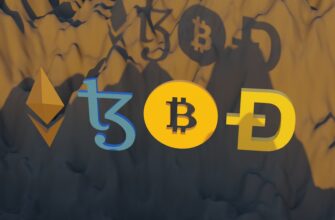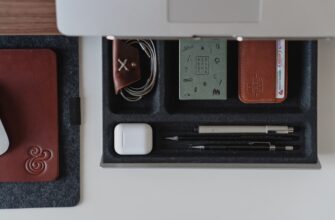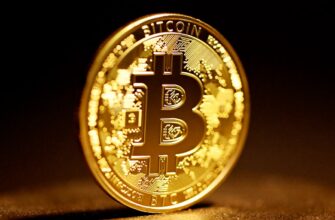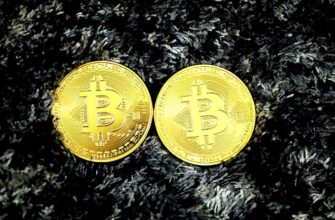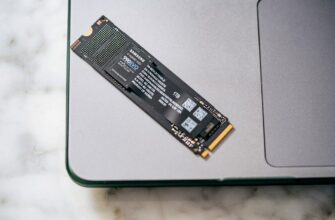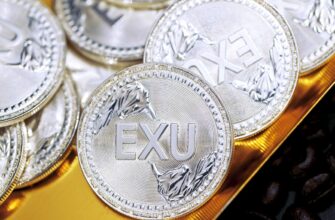Understanding the USD to Naira Exchange Rate Today
The USD to Naira exchange rate is a critical economic indicator affecting millions of Nigerians daily. As of 2023, fluctuations in the USD rate today in Nigeria impact everything from business operations to household budgets. With Nigeria’s economy heavily reliant on imports, the dollar’s strength directly influences inflation, purchasing power, and investment decisions. This article provides actionable insights on tracking live rates, analyzes key market drivers, and offers practical guidance for navigating currency exchanges.
Current USD to Naira Market Overview
While exact figures change hourly, recent trends show significant divergence between Nigeria’s official and parallel markets:
- Official CBN Rate: Typically ranges between ₦460 – ₦470 per $1 (subject to daily adjustments)
- Parallel Market Rate: Often trades between ₦760 – ₦800 per $1 due to scarcity pressures
- Investor & Exporter Window: Fluctuates between ₦650 – ₦750 based on liquidity
Always verify real-time rates via trusted sources like the Central Bank of Nigeria website, registered bureau de change operators, or financial platforms like Nairametrics before transactions.
4 Major Factors Driving USD Fluctuations in Nigeria
- Oil Price Volatility: As crude oil constitutes 90% of Nigeria’s forex earnings, price swings directly impact dollar supply
- Central Bank Policies: CBN interventions, interest rate decisions, and forex restrictions alter market dynamics
- Inflation Differential: Nigeria’s high inflation (24.08% as of July 2023) weakens Naira value against the dollar
- Speculative Trading: Panic buying/selling during economic uncertainty accelerates rate changes
Where to Check Reliable USD Rates Today
Access accurate USD rate today in Nigeria through these verified channels:
- Official Sources: Central Bank of Nigeria website, CBN-approved forex portals
- Commercial Banks: GTBank, Zenith Bank, and Access Bank mobile apps display live rates
- Financial Platforms: NairaMetrics, Cowrywise, and Bloomberg FX trackers
- Bureau De Change: Licensed operators in major cities like Lagos and Abuja
Official vs Parallel Market: Key Differences
| Market Type | Rate Range | Accessibility | Regulation |
|---|---|---|---|
| Official (CBN) | ₦460 – ₦470 | Restricted (priority sectors) | Fully regulated |
| Parallel (Black Market) | ₦760 – ₦800 | Widely accessible | Unregulated (higher risk) |
Note: The CBN discourages parallel market usage due to fraud risks and economic distortions.
FAQs: USD to Naira Exchange Rate Today
Q: Why does the USD rate change multiple times daily?
A: Demand-supply imbalances, speculative trading, and breaking economic news cause intraday fluctuations. Parallel markets react instantly to market sentiment.
Q: Where can I get the best USD rate legally?
A: For large transactions, use CBN-approved channels like commercial banks. For smaller amounts, compare rates at licensed bureau de change outlets.
Q: How does the USD rate affect inflation?
A: A weaker Naira increases import costs, raising prices of fuel, electronics, and food – contributing to Nigeria’s 24.08% inflation rate.
Q: Will the Naira strengthen in 2023?
A: Economists project stability depends on oil production increases, forex reforms, and reduced dollar demand. Most expect continued volatility near-term.
Q: Is cryptocurrency a better alternative for dollar transactions?
A: While crypto offers borderless transfers, its extreme volatility and regulatory uncertainty in Nigeria make it risky for routine forex needs.
Strategic Tips for Currency Exchange
Maximize value when dealing with USD rate today in Nigeria:
- Monitor rates for 3-5 days to identify trends before large transactions
- Use limit orders on digital platforms to lock in favorable rates
- Avoid street currency dealers – 43% of forex scams occur through unlicensed operators
- Consider dollar-indexed investments like Eurobonds for long-term hedging
Understanding the USD to Naira dynamics empowers smarter financial decisions in Nigeria’s volatile economy. Consistently verify rates through official channels and consult financial advisors for major transactions.

